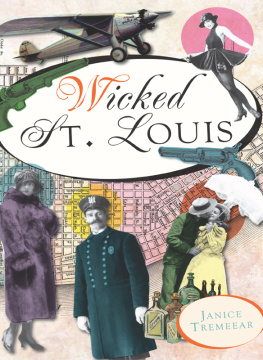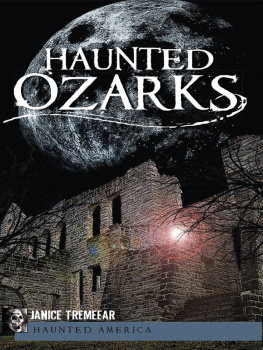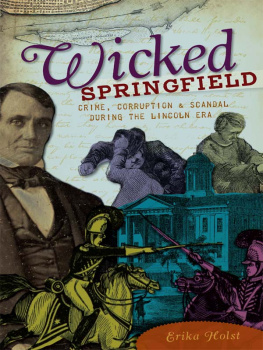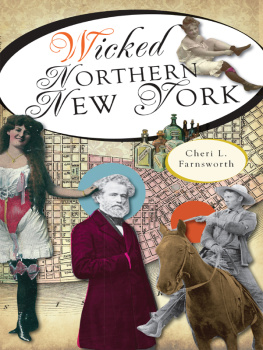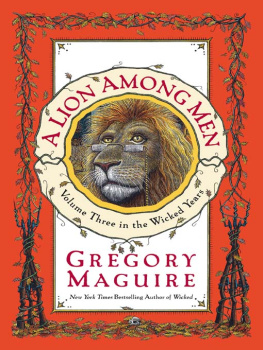
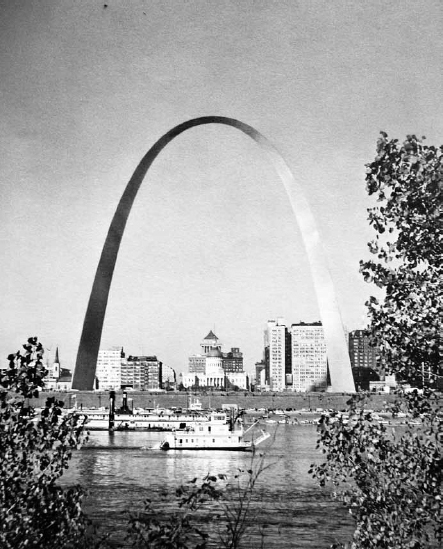
The St. Louis Arch.

Published by The History Press
Charleston, SC 29403
www.historypress.net
Copyright 2011 by Janice Tremeear
All rights reserved
Front cover: Spirit of St. Louis photo from the collection of Adolph Duffy Pestana, courtesy of Charleen Pestana.
All images are from the authors collection unless otherwise noted.
First published 2011
e-book edition 2012
ISBN 978.1.61423.343.5
Library of Congress Cataloging-in-Publication Data
Tremeear, Janice.
Wicked St. Louis / Janice Tremeear.
p. cm.
Includes bibliographical references.
print edition ISBN 978-1-60949-298-4
1. Saint Louis (Mo.)--History. 2. Saint Louis (Mo.)--Social conditions. 3. Saint Louis (Mo.)--Social life and customs. 4. Saint Louis (Mo.)--Biography. 5. Historic sites--Missouri--Saint Louis. 6. Historic buildings--Missouri--Saint Louis. 7. Crime--Missouri--Saint Louis--History. 8. Corruption--Missouri--Saint Louis--History. I. Title. II. Title: Wicked Saint Louis.
F474.S257T73 2011
977.866--dc23
2011022618
Notice: The information in this book is true and complete to the best of our knowledge. It is offered without guarantee on the part of the author or The History Press. The author and The History Press disclaim all liability in connection with the use of this book.
All rights reserved. No part of this book may be reproduced or transmitted in any form whatsoever without prior written permission from the publisher except in the case of brief quotations embodied in critical articles and reviews.
Contents
Acknowledgements
Thanks to Dean, my life partner. A big thank-you to my children, Jennifer, Charlene and Nathaniel, for their support, and to my grandchildren, Geoffrey, Madison, Tonia and Erica.
Thanks to my editor, Ben Gibson, of The History Press for giving me the opportunity to write my first book, Missouris Haunted Route 66, and the others that followed.
Introduction
The first time I ever saw St. Louis, I could have bought it for six million dollars, and it was the mistake of my life that I did not do it.
Mark Twain, Life on the Mississippi
If you send a damned fool to St. Louis, and you dont tell them hes a damned fool, theyll never find out.
Mark Twain
What can I say about St. Louis? Personally I think its great; its my birthplace, after all. St. Louis is one of those cities with a colorful, bigger-than-life past. So many things went on during its history, and many cultural influences are still present. When you read the history of St. Louis, you get the feeling that the move west stopped at this river town and then gained steam to explode onto the middle and western portion of the United States. During that time of expansion and growth, St. Louis was a major player between the East and West Coasts.
While it may be easy to ignore St. Louis these days and focus on the much larger cities, any search of its history shows enough novel and movie material to rival New York or Los Angles. So many stories of the citys history didnt make this account of St. Louiss history; so many more characters walked the streets of this old city and made a mark, good or bad, in the formation of the culture and life of the city.
Mississippi River
Orator S.S. Prentiss said of the mighty Mississippi River, When God made the world he had a large amount of surplus water, which he turned loose and told to go where it pleased. It has been going where it pleased ever since and that is the Mississippi River.
Dubbed by Mark Twain as the crookedest river in the world. He stated, It is good for steamboating, and good to drink; but it is worthless for all other purposes, except baptizing. And again on the great waterway, The Mississippi River will always have its own way; no engineering skill can persuade it to do otherwise.
Backbone of the Rebellion was the term used by Abraham Lincoln for the river.
The section between Cairo, Illinois, and St. Louis, Missouri, earned the name the graveyard in the 1850s due to the number of steamboats lost on the river. More than three hundred sank in the muddy waters.
Known today as Ol Man River, Moon River, Old Blue, the Father of Waters, the Gathering of Waters, the Big Muddy (more commonly associated with the Missouri River), Big River, the Great River, Body of a Nation, the Mighty Mississippi, El Grande (de Soto) and the Muddy Mississippi, the name Mississippi comes from either the Ojibwe or Algonquin word misi-ziibi, meaning Great River. Before being called the Mississippi by Europeans, the river had been named Rio de Espiritu Santo (Holy Ghost River) by Hernando de Soto (the first European explorer of the river, in 1541) and Rivire Colbert (by French explorers de la Salle and de Tonty, in 1682).

Admiral on the Mississippi.
The river begins in Lake Itasca, Minnesota, and runs 2,341 miles to the Gulf of Mexico. Waters leaving the rivers origin take ninety days to flow to Baton Rouge, Louisiana. Combined with its Jefferson and Missouri tributaries, the Mighty Mississip river system is the largest in North America and fourth longest in the world. Significant tributaries are the Ohio River from the east and the Arkansas River from the west.
The Mississippi is 3.734 kilometers (2.320 miles) long and has a watershed of more than 3.2 million square kilometers (1,245,000 square miles), the third largest in the world (preceded only by the Amazon and Congo Rivers). However, the Missouri River is North Americas longest river.
The course and deltaic channels of the Mississippi and its tributaries have been determined and changed over the millennia due to glaciers, earthquakes along the New Madrid Fault and the U.S. Army Corps of Engineers infrastructures.
The Mississippis effluent of fresh water is massive (7,000 to 20,000 m3/sec, or 200,000 to 700,000 ft3/sec). A plume of fresh water is detectable from outer space, even as it rounds Florida and snakes up the coast of Georgia.
In American music history, the river inspired songs such as Johnny Cashs Big River, Randy Newmans Louisiana 1927, Led Zeppelins When the Levee Breaks and Moon River from the 1961 movie Breakfast at Tiffanys. Singer-songwriter Jeff Buckley drowned in the river in 1997, as he was swept away by the undertow of a passing boat. The main literary figure associated with the river is Samuel Clemens, aka Mark Twain, mainly via Huckleberry Finn (which is basically a river journey tale) but also through earlier work such as Life On the Mississippi.
Original inhabitants along the river were the Ojibwa, Cheyenne, Chickasaw and other Native Americans. Later, the French claimed the entire Mississippi River Basin as theirs, calling it La Louisiane. In 1763, the Treaty of Paris transferred the watersheds eastern drainage to Great Britain and western drainage to Spain while forever guaranteeing free navigation rights of the Mississippi River to citizens of the United States and Great Britain. In 1803, under Thomas Jefferson, the United States purchased the western watershed from France, which had repossessed it from Spain
Next page
